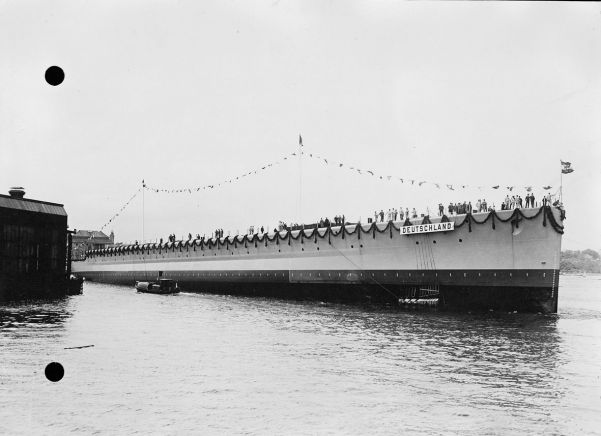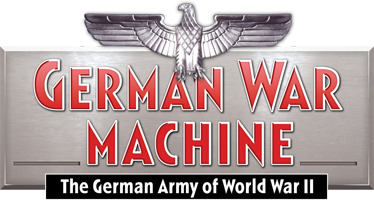2 May
Germany, Industrial relations

All German Free Trade unions are dissolved, and their 5.5 million members incorporated into the newly formed German Labour Front, an affiliated organization of the NSDAP with virtually a parallel organizational structure. It is headed by Dr Robert Ley.
To weld German labour into a solid organization backing Hitler, Ley abolished the democratic trade unions and built up a powerful labour organization designed to facilitate German militarization and war preparations. He was also head of the Bund der Auslanddeutsche (Union of Germans Living Abroad).
6 May
Nazi Party, Ideology
Goebbels organizes a national “Burning of the Books”. The Nazis begin an action against unwanted books. Many important literary works are also proscribed because their authors or subjects are considered subversive or “un-German”.
Göebbels rationalizes the burnings by proclaiming: “Fellow students, German men and women! The age of extreme Jewish intellectualism has now ended, and the success of the German revolution has again given the German spirit the right of way…. You are doing the proper thing in committing the evil spirit of the past to the flames…. This is a strong, great, symbolic act, an act that is to bear witness before all the world to the fact that the November Republic has disappeared. From these ashes there will arise a phoenix of a new spirit…. The past is lying in flames. The future will rise from the flames within our hearts . . . Brightened by these flames our vow shall be: The Reich and the Nation and our Führer Adolf Hitler.”
Hermann Göring summed up the Nazis’ attitude to culture and art in his famous quip: “Whenever I hear the word ‘culture’, I reach for my revolver.” Göring’s attitude was echoed by most senior Nazis. Hitler hated the intelligentsia and all things intellectual, and seriously toyed with the idea of doing away with them once he was in power. After 1933, many German intellectuals saw the writing on the wall, especially those of Jewish descent, and emigrated. The list of those who fled says much for the strength of opposition to Nazism among German intellectuals, and this wave of emigration was a great loss for German culture: writers such as Thomas and Heinrich Mann, Arnold and Stefan Zweig, Franz Werfel and Jakob Wassermann; masters of the Bauhaus school such as Walter Gropius, Mies van der Rohe and Marcel Breuer; painters such as Max Beckmann, Oskar Kokoschka and Kurt Schwittens; film directors Fritz Sternberg and Fritz Lang; and actress Marlene Dietrich. The loss of talented musicians and composers was particularly pronounced: Paul Hindemith, Otto Klemperer, Kurt Weill, Hanns Jelinek, Ernst Toch, Arnold Schönberg and Richard Tauber. Academics also left in their droves: Max Wertheimer, William Stern, Sigmund Freud, Paul Tillich, Ernst Bloch, Theodor Adorno, Ernst Cassirer, Kurt Goldstein, Erich Fromm, Fritz Reiche, Hans Bethe, Richard Courant, James Frank and Albert Einstein. Einstein’s loss would be sorely felt when Germany embarked on its atomic weapons programme: it was Einstein’s Theory of Relativity that was the basis of America’s atom bomb dropped on Japan in August 1945. In total, some 2500 writers left Germany once the Nazis took power.
19 May
Germany, Industrial relations
Establishment of Trustees of Labour. There are 13 departmental offices, each one headed by a Trustee of Labour. Their task is the “negotiation of work contracts between employer and labour”.
20 May
Germany, Politics
Seizure of the assets of the Communist Party (KPD).
